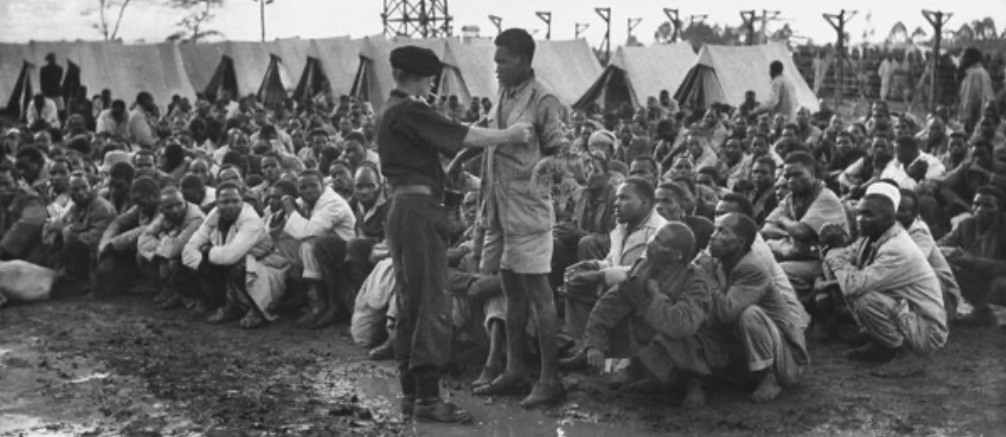
PLEASE BEAR WITH US AS WE UPDATE OUR SITE TO FEATURE ALL OF OUR NEW PRODUCTS AND POSSIBILITIES!
For faster login or register use your social account.
[fbl_login_button redirect="" hide_if_logged="" size="large" type="continue_with" show_face="true"]